INSAR 2022
Recent articles
Psychiatric conditions hospitalize almost one in three autistic women by age 25
The findings, based on Swedish national registry data, suggest a critical need to expand mental health services for autistic people.

Psychiatric conditions hospitalize almost one in three autistic women by age 25
The findings, based on Swedish national registry data, suggest a critical need to expand mental health services for autistic people.
Sleepy mice with autism-linked mutation struggle to fall asleep
Mice with a mutated copy of SHANK3 fail to establish normal sleep patterns during development.
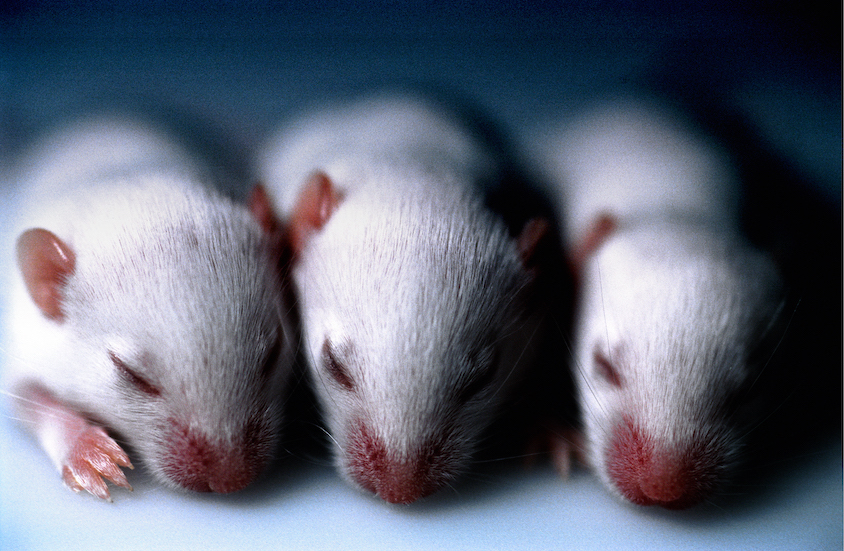
Sleepy mice with autism-linked mutation struggle to fall asleep
Mice with a mutated copy of SHANK3 fail to establish normal sleep patterns during development.
Modified CRISPR tool boosts UBE3A levels in mice
A deactivated form of the gene editor restores UBE3A expression in mice and human neurons without cutting the genome. It may hold promise for future Angelman gene therapies.
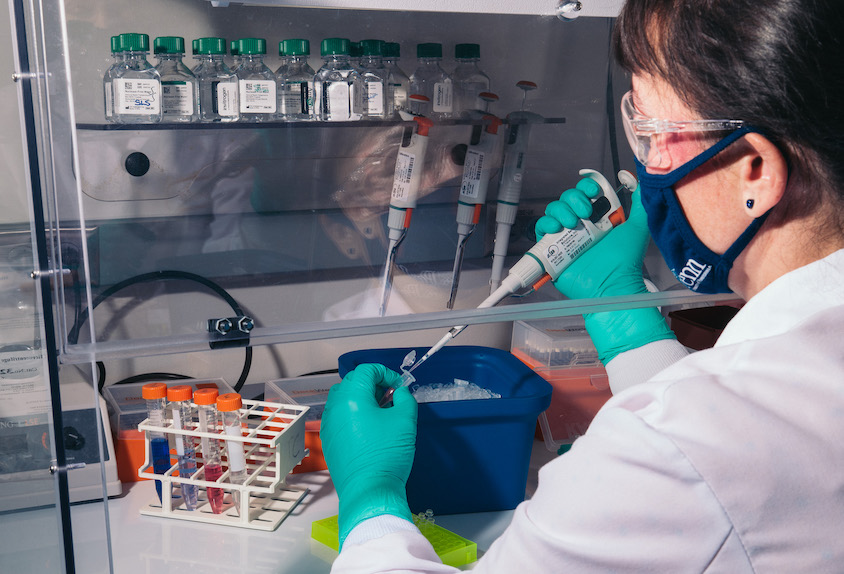
Modified CRISPR tool boosts UBE3A levels in mice
A deactivated form of the gene editor restores UBE3A expression in mice and human neurons without cutting the genome. It may hold promise for future Angelman gene therapies.
Structural brain changes foretell language skills in autistic infants
Increased white-matter maturation tracks with stronger language abilities later in childhood, but the relationship with cortical thickness is less clear.
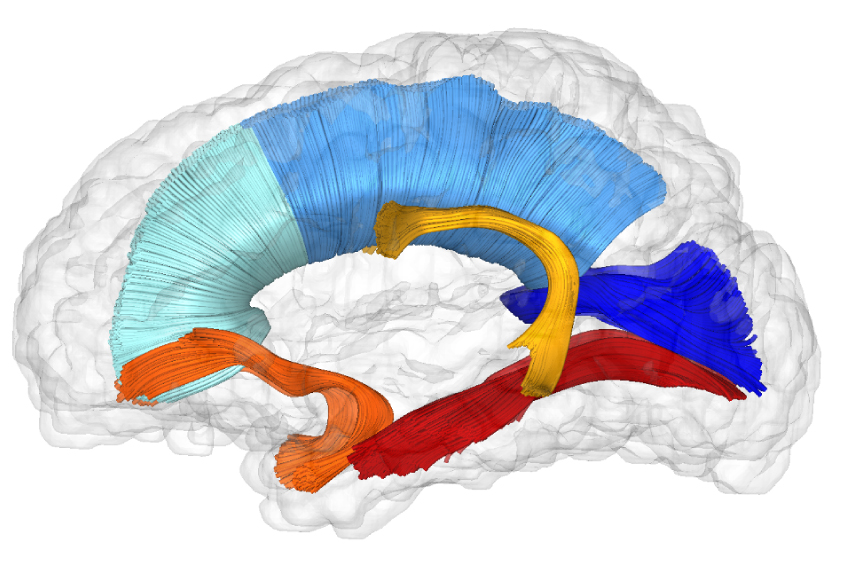
Structural brain changes foretell language skills in autistic infants
Increased white-matter maturation tracks with stronger language abilities later in childhood, but the relationship with cortical thickness is less clear.
Researchers publish new dataset on minimally verbal autistic people
Researchers at the Massachusetts Institute of Technology published the first repository of vocalizations from minimally verbal autistic people. Those with few or no spoken words still produce a range of phonemes, or units of sound, that may serve as developmental markers or intervention targets.
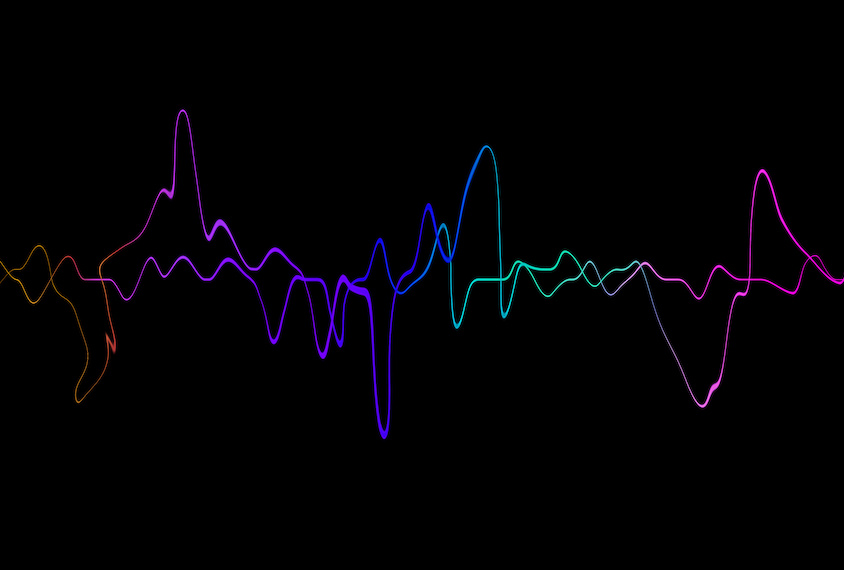
Researchers publish new dataset on minimally verbal autistic people
Researchers at the Massachusetts Institute of Technology published the first repository of vocalizations from minimally verbal autistic people. Those with few or no spoken words still produce a range of phonemes, or units of sound, that may serve as developmental markers or intervention targets.
Fever doesn’t ease challenging traits in most autistic children
The findings contradict a previous study, whose design may have been biased to find an effect.
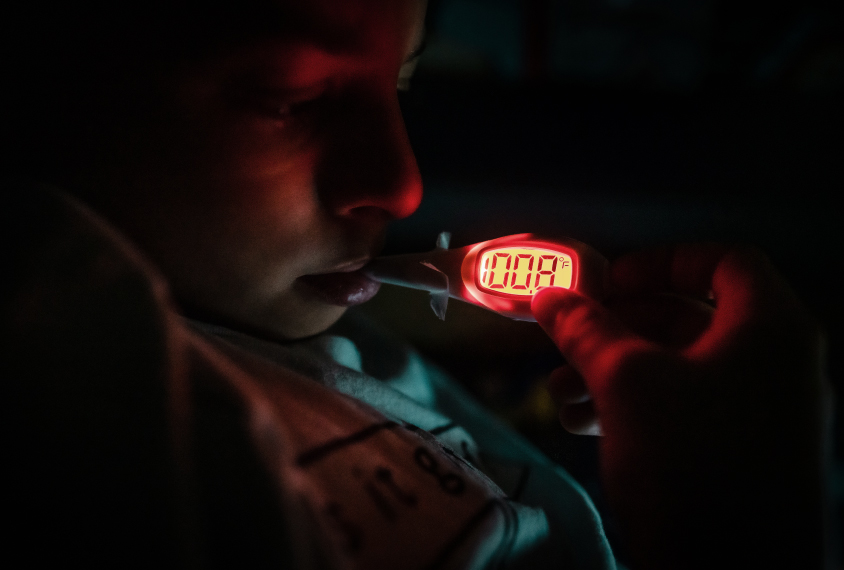
Fever doesn’t ease challenging traits in most autistic children
The findings contradict a previous study, whose design may have been biased to find an effect.
Autistic LGBTQ+ people report frequent mental health problems
The co-occurring conditions may stem from the heightened stress people in minority communities experience.

Autistic LGBTQ+ people report frequent mental health problems
The co-occurring conditions may stem from the heightened stress people in minority communities experience.
Novel gene linked to brain size in autistic people
The gene, YTHDF2, may be one of several that contribute to an autism subtype marked by an unusually big brain.
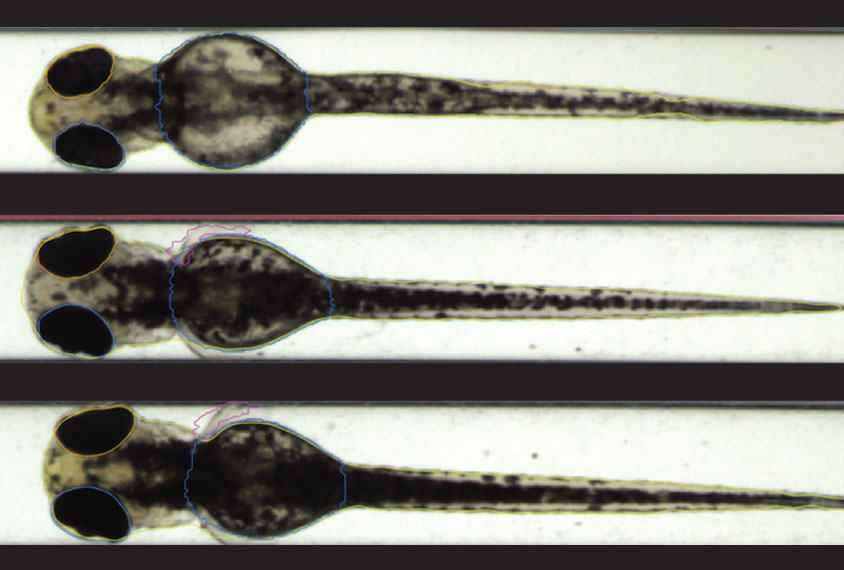
Novel gene linked to brain size in autistic people
The gene, YTHDF2, may be one of several that contribute to an autism subtype marked by an unusually big brain.
Clinicians lack confidence in diagnostic interviews with Black mothers
Implicit biases might be to blame, and the discrepancy persists across clinics, regardless of maternal education, family income and a child’s IQ score.

Clinicians lack confidence in diagnostic interviews with Black mothers
Implicit biases might be to blame, and the discrepancy persists across clinics, regardless of maternal education, family income and a child’s IQ score.
INSAR Community Newsletter: Tweets & murmurs from Day Three
We are covering the talks in Austin, Texas, this week, plus what the research community is talking about online, in the Lone Star Ballroom and around town.
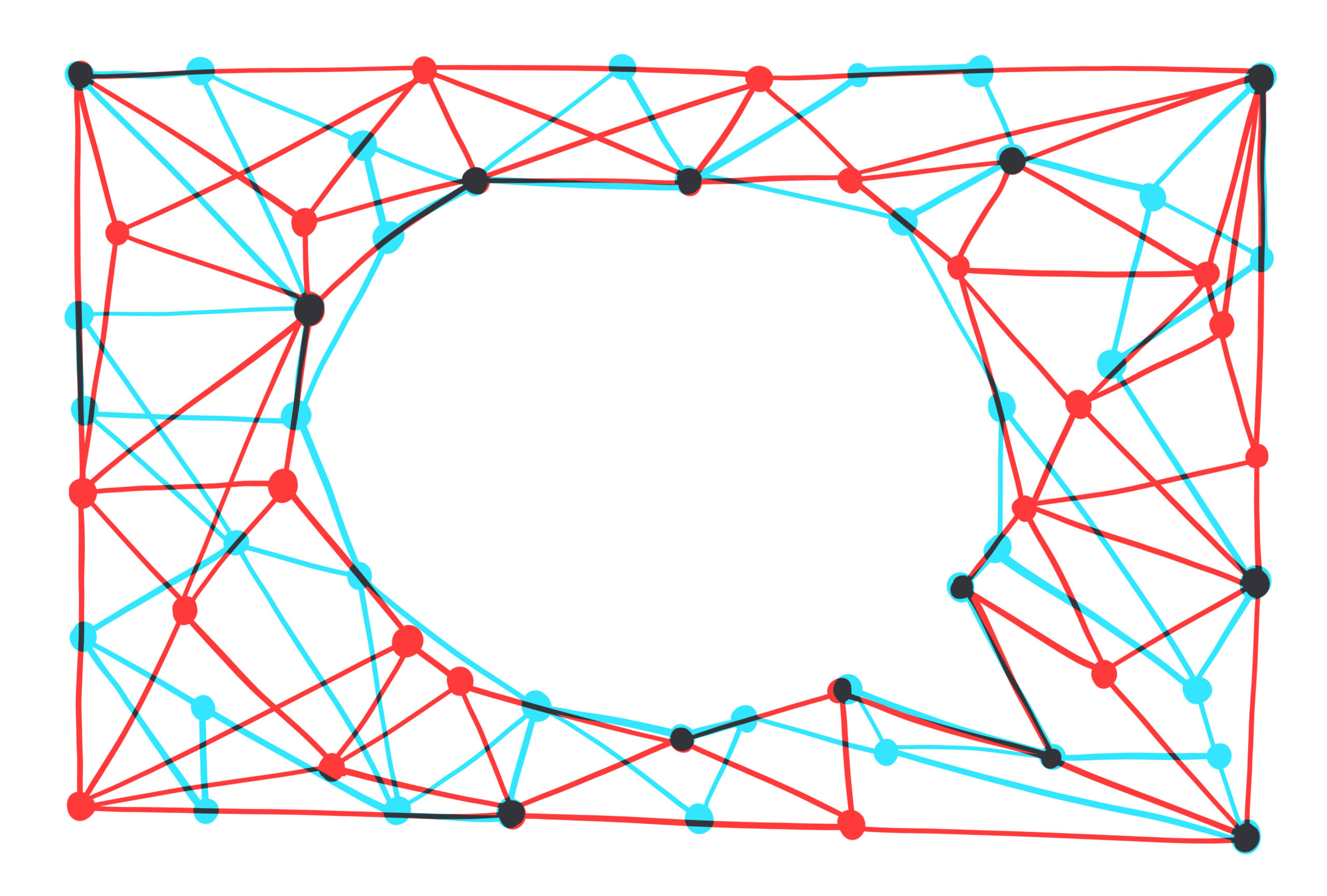
INSAR Community Newsletter: Tweets & murmurs from Day Three
We are covering the talks in Austin, Texas, this week, plus what the research community is talking about online, in the Lone Star Ballroom and around town.
Explore more from The Transmitter
Xiao-Jing Wang outlines the future of theoretical neuroscience
Wang discusses why he decided the time was right for a new theoretical neuroscience textbook and how bifurcation is a key missing concept in neuroscience explanations.
Xiao-Jing Wang outlines the future of theoretical neuroscience
Wang discusses why he decided the time was right for a new theoretical neuroscience textbook and how bifurcation is a key missing concept in neuroscience explanations.
Memory study sparks debate over statistical methods
Critics of a 2024 Nature paper suggest the authors failed to address the risk of false-positive findings. The authors argue more rigorous methods can result in missed leads.

Memory study sparks debate over statistical methods
Critics of a 2024 Nature paper suggest the authors failed to address the risk of false-positive findings. The authors argue more rigorous methods can result in missed leads.
Attention not necessary for visual awareness, large study suggests
People can perceive some visual information even if they do not pay direct attention to it.

Attention not necessary for visual awareness, large study suggests
People can perceive some visual information even if they do not pay direct attention to it.